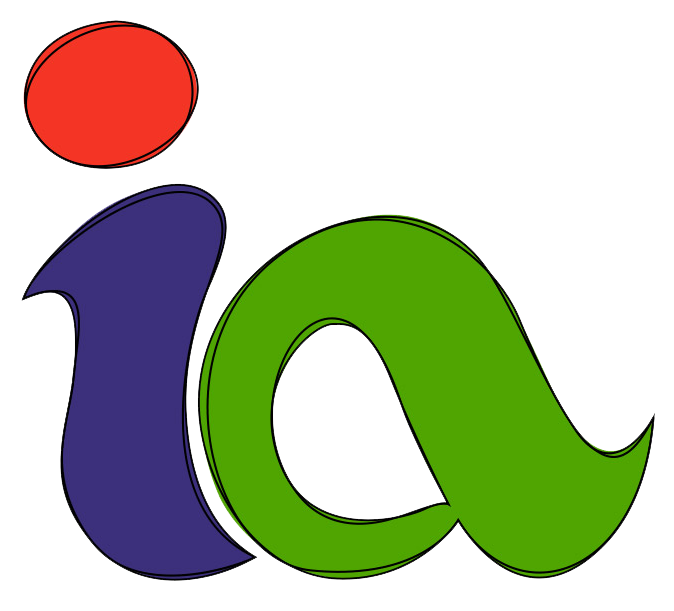Developing the Peer Support Training Program.
From March 2018 through April 2022, the Texas Council for Developmental Disabilities granted Imagine Art funding to establish a curriculum and program model that will train individuals with intellectual and/or developmental disability (I/DD) to become Peer Supporters. We have developed a group model and team approach to peer support that connects peers with a peer network and the resources they need to be able to direct their own services through person-centered thinking and planning.
This model trains individuals with and without I/DD labels to work together to transform a system of care to becoming person-centered. Participants without I/DD labels train alongside to become Transformation Catalysts. TCs support Peers as they learn to self-advocate and develop self-directed lives. TCs learn to center the voices and autonomy of individuals with I/DD labels.
This is an experiential training model where participants join a series of four short training sessions, each followed by an opportunity to practice holding a safe, open-minded space for giving and receiving support. Those who show an interest in training to run peer support groups for themselves participate in three additional short trainings to prepare them to make the choice to advance to Level 2 Training, where they progress at their own pace, on the path to becoming certified in the model.
Based on our experience to date, we recognize the value of encouraging the contributions of participants to what we have come to call an “evolving curriculum”.
The ultimate goal of the program is to equip participants to run peer groups as a member of a hosting team and to offer valuable peer support, that prepares individuals to direct their own annual service planning meetings or PDPs (Person-Directed Planning Meetings.)
The Training 4 Transformation project is supported by the Texas Council for Developmental Disabilities (TCDD) through grant number 2101TXSCDD00 from the U.S. Administration for Community Living (ACL), Department of Health & Human Services, Washington, D.C. 20201. Grantees receiving government sponsorship are encouraged to express their findings and conclusions. Opinions do not necessarily represent official TCDD or ACL policy.

